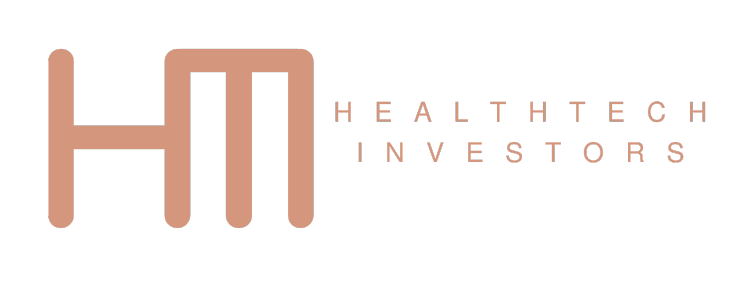The future of healthcare given the worsening clinician shortage
Healthcare needs a “triage” system which shares enables patient decision making with no physician involvement. Our current system with physicians often being the first point of contact is incredibly inefficient, expensive and not sustainable.
The future of healthcare lies in empowering patients to control their health. Let’s take Sam for example, she is 50 years old and takes Ramipril (a blood pressure medication) for her high blood pressure. She has no other medical issues.
Her doctor sees her every 3 months for a refill. She asks Sam if she has had any new symptoms and what her home blood pressure readings are. Once a year she orders some blood tests. The main thing we look for in someone taking ramipril is kidney function. The two main side effects of ramipril are a lingering dry cough and rarely but potentially dangerous condition called "angioedema" where your face/lips become swollen.
Usually this is the entirety of Sam's visit unless new issues come up. As the healthcare staff shortage worsens either:
1. The frequency of these visits will lesson
or
2. Physicians will stop taking on new patients
Given our liability environment, the second option is the more likely future. This will leave a substantial number of patients without care and we need a solution which doesn't rely on more clinicians (as this is sadly wishful thinking).
The most likely solution is that Sam is given information on high blood pressure and Ramipril. She is informed of the above monitoring parameters/ side effects and empowered to treat her own high blood pressure. She is assigned a "patient navigator" with minimal clinical training who answers preliminary questions. If needed she is seen by a clinician, but this is the exception not the norm.
